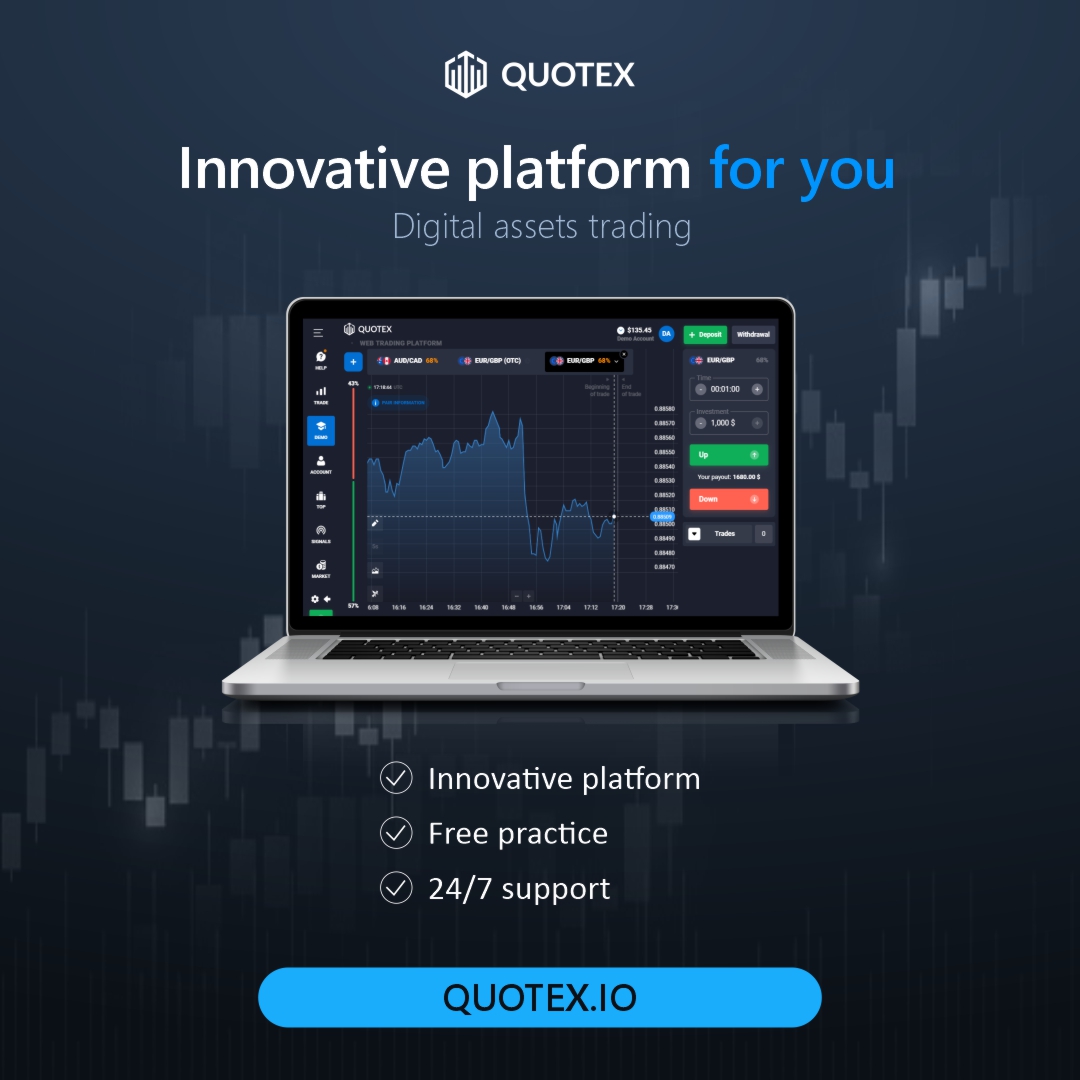Games have evolved beyond a casual hobby in a global industry with economic potential and innovation. Players no longer log in to escape reality: they immerse themselves in online worlds where virtual elements can obtain the value of the real world.
This convergence of virtual economies and tangible value has placed blockchain technology at the forefront of the next transformation of the next great transformation of the games. By taking advantage of the decentralized and immutable nature of Blockchain, developers are helping players with the real property of assets in the game through a process known as tokenization.
The impact of tokenization on the game industry
Blockchain is a distributed accounting system that records and verifies transactions in a computer network. This decentralized approach allows games developers to introduce tokenization, turning assets or coins in the game into unique digital tokens in the block chain.
Tokenization has had a great impact on the game industry since its existence. The players previously possessed little more than on -screen representations of elements, skins and characters. These assets were not available for trade or sale outside the official market market, they often lost value if the game closed or developers altered their rules.
With blockchain -based token, the assets in the game become verifiably scarce and transferable, which allows players to buy, sell them and exchange them in secondary markets with real world coins. This property revolution is shaking how people perceive virtual goods and is creating a prosperous global market.
According to recent projections, the total value of purchases in the game can exceed $ 74.4 billion In 2025. As blockchain -based ecosystems become more simplified, industry experts anticipate a greater increase in the demand for tokenized collectibles, particularly for non -fungible tokens (NFT). By 2027, only the NFT market in the game It is projected to reach $ 15 billionsuggesting that digital property will become more conventional in games.
How blockchain allows safe and verifiable property
Ensure that players really possess their assets in the game depend on two of the most convincing characteristics of blockchain: NFT and intelligent contracts. Traditional elements in the game generally reside on centralized servers and can be altered or eliminated at the discretion of an editor. However, NFTs exist in a decentralized older book. Each NFT is uniquely identifiable, providing an immutable record of its creation, property and transfers history.
However, the intelligent orchestra contract how to manage these tokens. Smart contracts are self -jecution codes that are executed in the block chain. They handle everything, from verifying property transfers to enforce the commercial rules, ensuring that all transactions occur in an automated and reliable environment. Because the process does not depend on a unique entity to verify authenticity, it effectively combats falsificifications and unauthorized duplications.
This is especially significant given the increase in fraudulent activities aimed at online games: digital fraud incidents in the game industry According to reports, they have increased 9% year after year. When anchoring the assets in the game to the NFT and govern their exchange through intelligent contracts, developers can guarantee authenticity and shortage.
In addition, these Grant decentralized mechanisms to true control players About his virtual possessions. They can store assets in personal wallets, exchange them in secondary markets or move them between compatible platforms. This flexibility creates an open ecosystem where demand determines the value of assets in the game instead of games of games that govern an arbitrary system.
The benefits of tokenization for players and developers
Tokenization allows players and creators to explore new opportunities beyond the limits of traditional games.
New developer income models
Developers can introduce unique income flows integrating tokenized assets into their games. Instead of trusting only in sales or unique subscriptions, they can win from initial NFT sales and ongoing royalties every time they resell these tokens in secondary markets.
Monetization opportunities for players
Tokenization allows players to obtain economic profits from their skills and efforts in the game. When articles and characters take the form of NFT, players can buy them, sell them and change them on independent platforms.
The high -level team or rare collectibles can obtain a real world value, allowing players to benefit from their game. This concept refers to playing Aía, where games as an leisure activity become a source of income for dedicated fans.
Improves player’s commitment
When players really have their articles in the game, their investment and loyalty are deepened. Players are more interested in building, collecting and strategies to maximize the value of their assets. This greater commitment leads to longer playing times and greater general satisfaction.
Decentralizes the economy of the game
Traditional game economies are mainly under the control of developers and editors, so they can change the rules or manipulate the values of the elements at will. Tokenization, on the contrary, transfers much of the power for the community. Decentralized markets allow players to establish prices based on demand, creating a more fair economy for the playground.
Blockchain’s emergence in games
Tokenization has already begun to remodel the sphere of the game, creating experiences of more immersive players and sustainable income flows for developers. As Blockchain technology spreads, there will certainly be a broader adoption of tokenization in the games. As such, creators and collectors will have endless opportunities for victory.
Read also: Gamerboom raises funds of $ 9 million with the support of Nvidia to advance the analysis of web games with AI
Discharge of responsibility: The information provided in Alexablockchain is only for informative purposes and does not constitute financial advice. Read the discharge of complete responsibility here.
Image credits: Without stellar, Shuttersock, Getty Images, Pixabay, Pexels, Canvas




